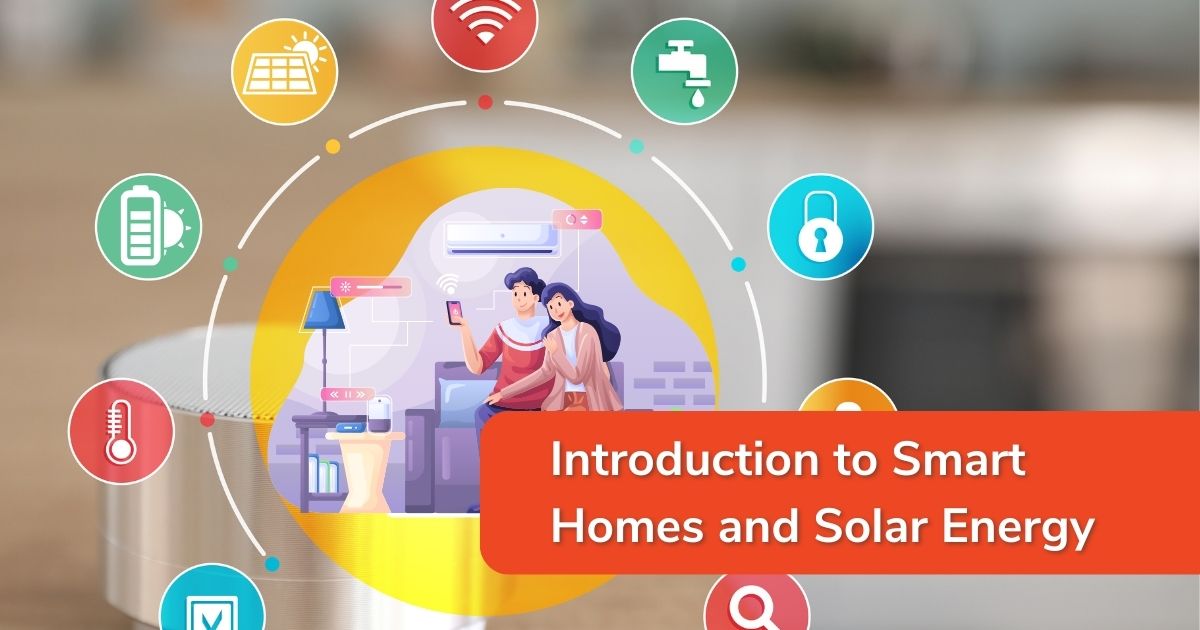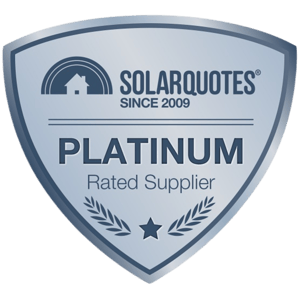Introduction to Smart Homes and Solar Energy

The advent of smart homes and the increasing focus on sustainable living have transformed the way Australians approach residential living. In recent years, the integration of smart home technology with solar energy solutions has gained significant traction, offering residents a more efficient and environmentally conscious lifestyle. This article provides an insightful overview of these innovative technologies, emphasising their benefits and considerations for residential users in Australia.
Understanding Smart Homes
Smart homes, a concept steadily gaining popularity, refer to residences equipped with advanced automation systems that enhance the overall living experience. Key components include home automation, security systems, energy management, and entertainment systems. The integration of these technologies enables residents to control and monitor various aspects of their homes remotely. From adjusting the thermostat to enhancing security through smart locks, the possibilities are vast.
The benefits of adopting smart home technology are manifold. Not only does it enhance convenience and security, but it also contributes to energy efficiency. Residents can automate lighting, heating, and cooling systems, ensuring optimal energy usage. Smart homes foster a more streamlined and interconnected living space, ultimately enhancing the quality of life for occupants.
Solar Energy in Australia
Australia, renowned for its abundant sunlight, holds immense potential for harnessing solar energy. With a climate conducive to solar power generation, residential users in Australia can tap into this renewable resource to meet their energy needs. Solar energy systems consist primarily of solar panels, which convert sunlight into electricity, and battery storage, enabling efficient energy management.
The importance of embracing renewable energy sources, such as solar power, cannot be overstated. As the world grapples with the consequences of climate change, adopting sustainable energy solutions becomes imperative. Solar energy, being a clean and renewable resource, plays a crucial role in mitigating environmental impact.
Integration of Smart Homes and Solar Energy
The synergy between smart home technology and solar energy systems is evident in the way they complement each other. Smart home devices allow users to monitor and control their energy consumption, providing a granular understanding of usage patterns. This integration facilitates more informed decision-making, promoting efficient energy use.
Solar-powered smart homes boast several advantages. By harnessing solar energy, residents can reduce their carbon footprint, contributing to a greener environment. Additionally, the integration of smart devices optimises energy consumption, leading to long-term cost savings. The ability to monitor and control energy usage empowers residents to adopt a more sustainable and economically viable lifestyle.
Key Components of a Solar-Powered Smart Home
The foundation of a solar-powered smart home relies on its key components, each playing a crucial role in creating an efficient and sustainable energy system. Solar panels, strategically positioned to capture sunlight, effortlessly convert solar energy into electricity. Battery storage ensures surplus energy is carefully stored for later use, providing a consistent and reliable power supply. Smart metres contribute to efficient energy management by monitoring consumption patterns, offering valuable insights for optimal usage. Additionally, module-level power electronics act as a critical component within the solar system, enhancing performance and ensuring that each solar panel operates at its maximum potential. Lastly, smart appliances further augment the system's optimization capabilities, collectively forming a comprehensive solution for residential users.
Environmental and Cost Benefits
One of the significant advantages of solar-powered smart homes is the reduction in carbon footprint. By relying on solar energy, residents contribute to a cleaner environment, decreasing dependence on traditional, non-renewable energy sources.
Long-term cost savings are another compelling factor. While the initial investment may seem substantial, the reduction in energy bills over time significantly offsets these costs. Moreover, government incentives and rebates further encourage homeowners to invest in solar energy solutions.
Challenges and Considerations
While the benefits are clear, it's essential to consider the challenges associated with solar-powered smart homes. Initial costs and return on investment are common concerns. However, it's crucial to view these investments as long-term commitments with substantial environmental and financial returns over time.
Maintenance and durability of solar panels also require careful consideration. Regular maintenance ensures optimal performance and longevity, addressing concerns about system sustainability.
Compatibility and security concerns with smart home devices should not be overlooked. However, advancements in technology are continuously addressing these issues, making smart homes and solar energy systems more secure and user-friendly.
Conclusion
In conclusion, the integration of smart home technology with solar energy solutions is a transformative step towards a sustainable and efficient lifestyle for residential users in Australia. From enhanced convenience and security to substantial reductions in carbon footprint and long-term cost savings, the advantages are undeniable. As we anticipate further technological advancements in smart homes and solar energy, residents are encouraged to explore these options for a more environmentally conscious and economically viable living experience.
To embark on this journey, inquire with Smart Energy Answers for personalised solutions that empower you to make informed decisions. Embrace the future of sustainable living and enjoy the benefits of smart solar energy solutions tailored to your unique needs.
%20(1).png?width=265&height=96&name=www.smartenergyanswers.com.auhs-fshubfsSmart%20Energy%20Answers%20Logo%20(HIRES)%20(1).png)

.png?width=514&height=121&name=Tesla%20Powerwall%203%20(new).png)







